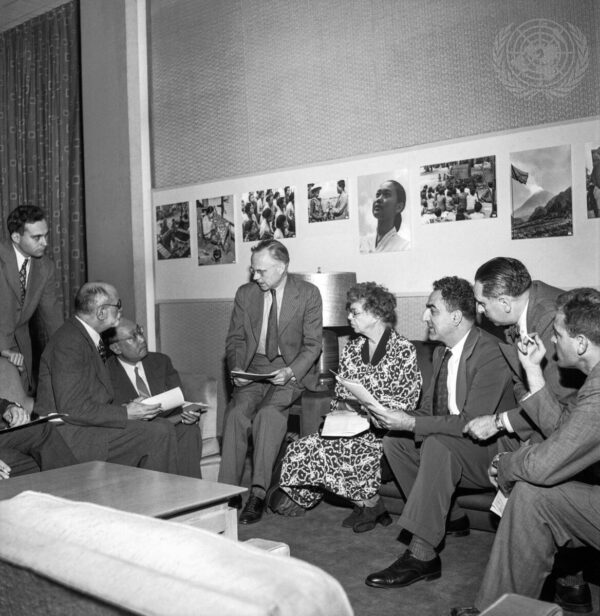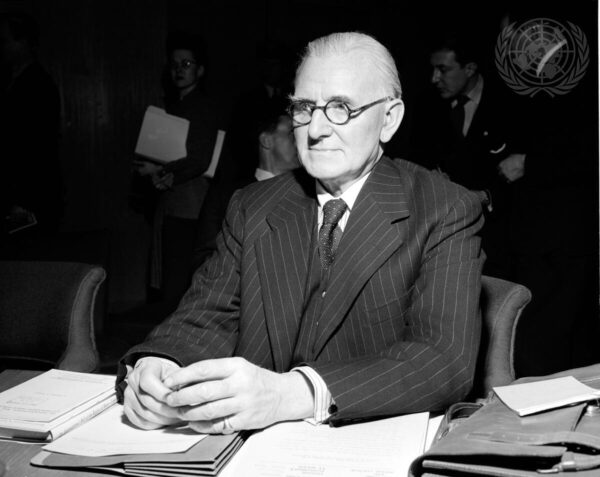
Human Rights 101: The Universal Declaration of Human Rights
In this lesson, students will learn how human rights differ from civil rights and gain introductory knowledge of how the international community united to define and defend human rights.
acf domain was triggered too early. This is usually an indicator for some code in the plugin or theme running too early. Translations should be loaded at the init action or later. Please see Debugging in WordPress for more information. (This message was added in version 6.7.0.) in /nas/content/live/ncchredu/wp-includes/functions.php on line 6121
Charles Dukes was born in Stourbridge, England in 1881 to a working-class family. Dukes began working at eleven-years-old and held several manual labor jobs before transitioning into a career as a union official. He served time in prison during World War II because of his stance as a conscientious objector to the conflict, but his popularity among north-western English workers remained high. Over the next forty years Dukes served in parliament, as the General Secretary of the National Union of General and Municipal Workers, as the President of the Trades Union Congress, an advisor to the Paric Peace Conference, and the Director of the Bank of England. In 1947 he was selected to represent the United Kingdom at the United Nations where he served on the Commission on Human Rights. Charles Dukes was ennobled as the 1st Baron Dukeston in 1947. Unfortunately, Dukes passed away in early 1948 before seeing the UDHR’s ratification in December that year.
Featured in

In this lesson, students will learn how human rights differ from civil rights and gain introductory knowledge of how the international community united to define and defend human rights.